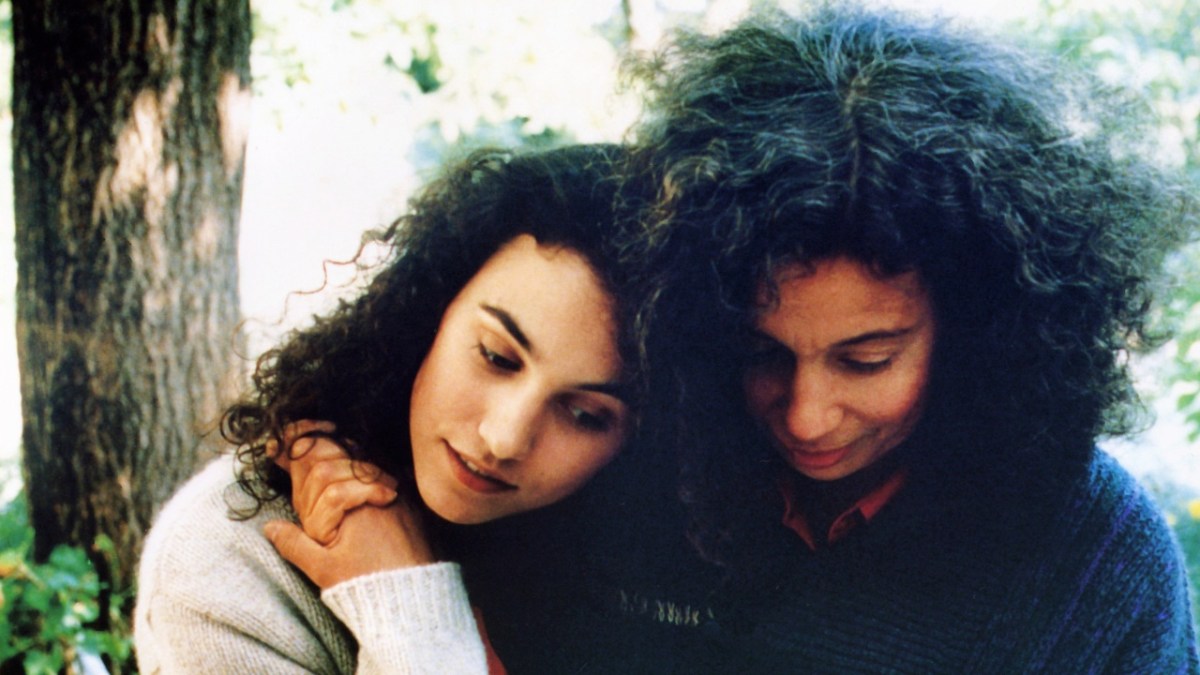A winner of Best Screenplay at Venice, Rohmer’s final ‘Four Seasons’ entry is an incisive and revelatory take on finding romance at a much older age, featuring two outstanding performances by Marie Riviere and Beatrice Romand.

Review #2,414
Dir. Eric Rohmer
1998 | France | Drama/Romance/Comedy | 111 mins | 1.37:1 | French
Not rated – likely to be PG13 for mild thematic elements
Cast: Marie Riviere, Beatrice Romand, Alain Libolt, Didier Sandre, Alexia Portal
Plot: Magali is a wine grower in the South of France. She’s a widow and her best friend, Isabelle, decides that she must find her a new husband. She puts an advert in a lonely hearts column, presenting herself as a friend, and vets a suitable candidate, Gerald.
Awards: Won Best Screenplay & Nom. for Golden Lion (Venice)
Source: Les Films du Losange
Accessibility Index
Subject Matter: Moderate – Finding Love
Narrative Style: Slightly Complex
Pace: Slightly Slow
Audience Type: Slightly Arthouse
Viewed: MUBI
Spoilers: No
Marie Riviere from The Aviator’s Wife (1981) and Beatrice Romand from A Good Marriage (1982) give outstanding performances in An Autumn Tale, Eric Rohmer’s final entry in his ‘Four Seasons’ quadrilogy that began with A Tale of Springtime (1990), followed by A Tale of Winter (1992) and A Summer’s Tale (1996).
Here in An Autumn Tale, the focus is on finding romance at a much older age. Isabelle (Riviere) posts an advert in the local newspaper to find a suitor, but the intention is to matchmake whoever comes her way with her best friend, Magali (Romand), who is widowed.
As usual in a Rohmer film, a simple premise gives way to emotional complications that develop from the supporting troupe of characters surrounding Magali and Isabelle.
“I want all men to love me, especially those I don’t love.”
A winner of Best Screenplay at Venice, An Autumn Tale is incisively and efficiently told, perhaps even more so than what fans of Rohmer might be used to.
The pace is natural and deliberate, but somehow the conversations and developments in the plot have more structure than usual, so much so that one could feel the narrative gearing up for something ‘big’ to happen.
This comes in the form of an extended wedding sequence (one of the setups from the start is about Isabelle’s daughter getting hitched) where everyone literally has a role to play and with motivation.
Love cannot be forced, though it may be induced—Rohmer plays with this idea and explores romance as an elusive concept that needs to be grasped with both hands and grounded in feelings and affinities.
Grade: A-
Trailer:











